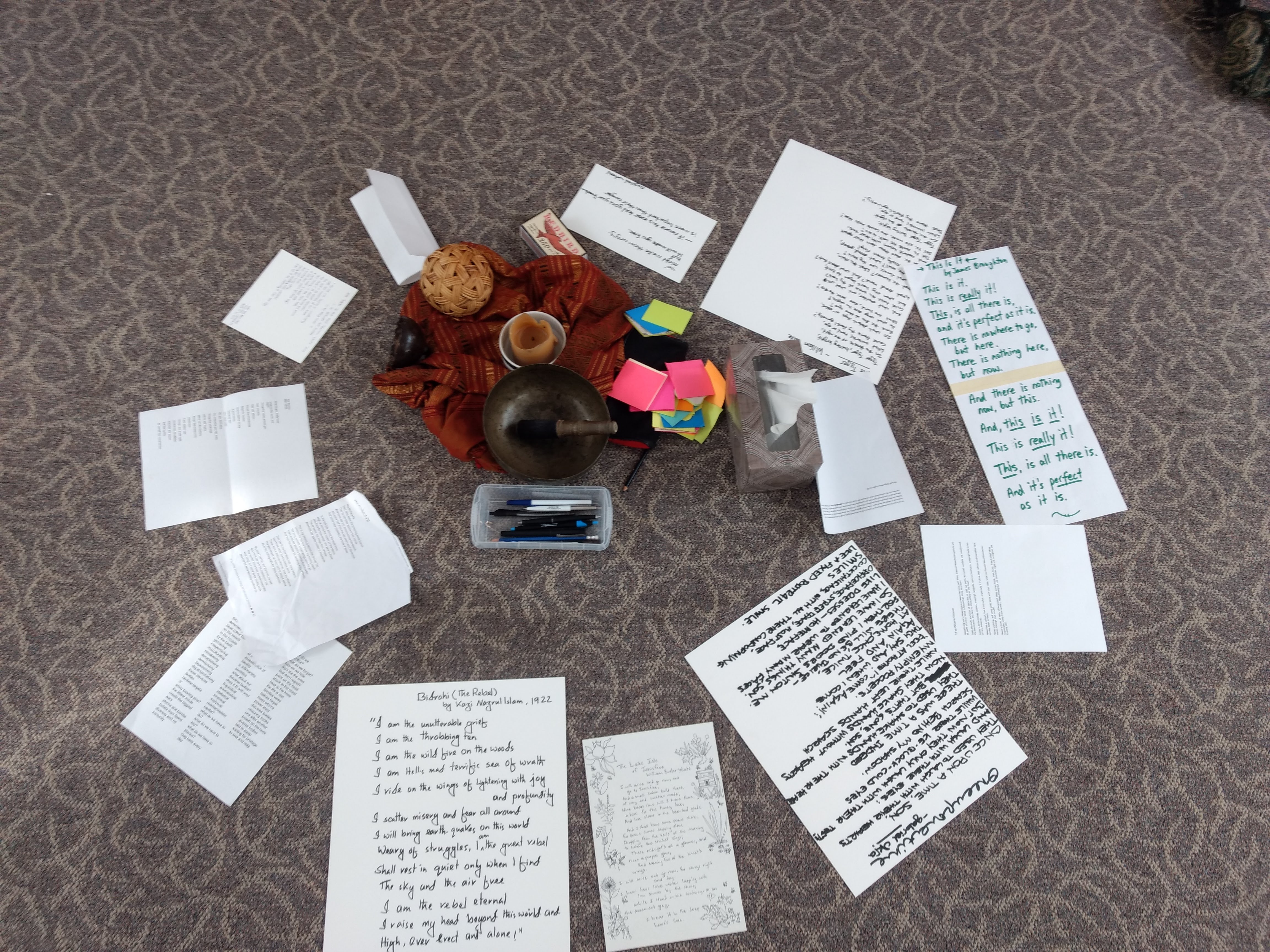Exploring and Progressing the Concept of Joyful Teaching in Higher Education
DOI:
https://doi.org/10.37119/ojs2025.v30i2.755Abstract
This paper examines the concept of joyful teaching in higher education and discusses common themes associated with it, as well as presents challenges. It is this concept of joyful teaching that we believe should be discussed and explored in greater detail, especially as it is an emerging concept with decolonizing pedagogies. This study uses 29 qualitative interviews with university faculty to examine the following question: How do university faculty define and practice joyful teaching in higher education? Our paper arises from a study focusing on decolonizing teaching praxis at a Canadian, prairie university, in which the focus of ‘joyful teaching’ arose as a major point of discussion. Our study suggests that restructuring teaching practices around joy can lead to more supportive, creative, and human-centred classrooms. We believe it is critical for higher education to place an emphasis on joyful teaching to promote not only joy but also self-growth for university teachers and students in post-secondary educational institutions.
Keywords: teaching, joy, playful, belonging, decolonization

Published
Issue
Section
License
Copyright (c) 2025 Muhammad Asadullah, James Gacek

This work is licensed under a Creative Commons Attribution-NonCommercial-NoDerivatives 3.0 Unported License.
Authors who publish with this journal agree to the following terms:- Authors retain copyright and grant the journal right of first publication with the work simultaneously licensed under a Creative Commons Attribution License that allows others to share the work with an acknowledgement of the work's authorship and initial publication in this journal.
- Authors are able to enter into separate, additional contractual arrangements for the non-exclusive distribution of the journal's published version of the work (e.g., post it to an institutional repository or publish it in a book), with an acknowledgement of its initial publication in this journal.
- Authors are permitted and encouraged to post their work online (e.g., in institutional repositories or on their website) prior to and during the submission process, as it can lead to productive exchanges, as well as earlier and greater citation of published work (See The Effect of Open Access).


